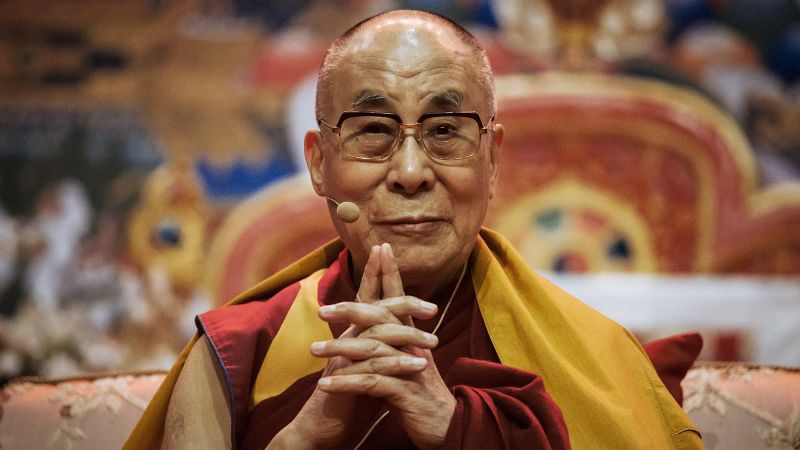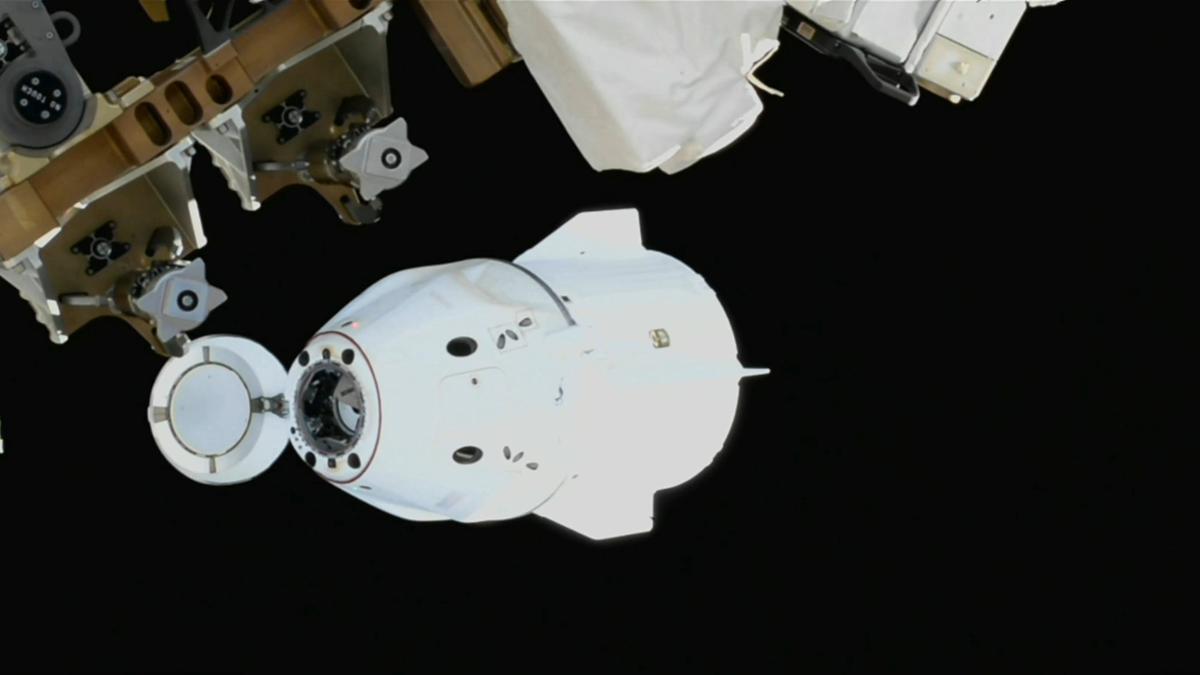
As the Dalai Lama approaches his 90th birthday this Sunday, the revered spiritual leader is preparing for a significant confrontation with Beijing over the contentious issue of his reincarnation. For decades, the Dalai Lama has been the symbol of Tibet’s quest for greater autonomy under Chinese rule, maintaining the cause from exile as Beijing has increasingly asserted its control over the region.
On Wednesday, the Dalai Lama announced that his office will have the sole authority to identify his reincarnation, asserting, “I am affirming that the institution of the Dalai Lama will continue.” This declaration, made in a video message to religious leaders in Dharamshala, India, where he has lived since fleeing Tibet in 1959, sets the stage for a potential geopolitical showdown.
The Spiritual and Political Battle
The reincarnation of the Dalai Lama is not just a spiritual matter but a pivotal issue for Tibetan Buddhism and the future of Tibet. The Dalai Lama has stated that his successor will be born in the “free world” outside China, urging Tibetans to reject any candidate selected by Beijing. Meanwhile, China’s Communist Party insists it holds the authority to approve the next Dalai Lama, aiming to extend its influence over Tibetan Buddhism.
At the heart of this clash is the ambition of an atheist state to dominate a centuries-old spiritual tradition. Beijing brands the current Dalai Lama as a dangerous “separatist,” blaming him for unrest in Tibet. However, the Dalai Lama advocates for genuine autonomy, not independence, through a nonviolent “middle way” approach, earning him international support and a Nobel Peace Prize.
Historical Context and Current Challenges
The Dalai Lama, born Tenzin Gyatso, was only 15 when Chinese communist troops entered Tibet in 1950. The subsequent resistance led to an armed uprising in 1959, after which the Dalai Lama fled to India. Since then, he has become a symbol of Tibetan identity and resilience. Ruth Gamble, a Tibetan history expert, notes, “He’s almost become an abstract ideal of a whole nation.”
Despite Beijing’s efforts to erase his influence, devotion to the Dalai Lama endures among Tibetans. Thupten Jinpa, his longtime translator, remarked, “Despite all these years of banning his photos, in every Tibetan heart there is an image of the Dalai Lama.”
Beijing’s Strategy and Tibetan Resistance
Beijing has cultivated Tibetan lamas loyal to its rule, including the Panchen Lama, historically a key figure in identifying the Dalai Lama’s reincarnation. However, the Dalai Lama’s chosen Panchen Lama has vanished, and Beijing’s appointee is viewed as illegitimate by many Tibetans. Experts believe Beijing will attempt a similar strategy with the Dalai Lama’s succession, potentially leading to two rival Dalai Lamas.
Jinpa is skeptical of Beijing’s plans, stating, “It’s kind of a joke. It’s not funny because the stakes are so high, but it’s tragic.” The Dalai Lama has made clear that any candidate appointed by Beijing will lack legitimacy.
The Search for the Next Dalai Lama
The search for a Dalai Lama’s reincarnation is a sacred process involving spiritual indications, divination, and tests for young candidates. Historically, Dalai Lamas have been found outside Tibet, and the current Dalai Lama was identified at two years old. The next Dalai Lama’s identification could take decades, a period Beijing might exploit to promote its own candidate.
Lobsang Sangay, former prime minister of the Tibetan government-in-exile, emphasizes, “For us, the one recognized by the Dalai Lama, born in exile, is the real one.” The political implications are significant, as countries with Buddhist populations may face pressure to recognize Beijing’s appointee.
Preparing for the Future
Aware of his mortality, the Dalai Lama has been preparing Tibetans for a future without him, strengthening the institutions of the Tibetan movement and fostering democracy within the exile community. In 2011, he transferred political power to an elected leader, ensuring Tibetans can sustain their movement independently.
Under Xi Jinping, Beijing has intensified efforts to assimilate ethnic minorities and align religion with Communist Party values. The Dalai Lama’s global influence has waned, but some Tibetans remain hopeful. Jinpa asserts, “If we can get our act together and the Dalai Lama institution continues, the power of the symbol will be maintained.”
The Dalai Lama’s 90th birthday marks not just a personal milestone but a critical juncture in the ongoing struggle for Tibet’s cultural and spiritual identity. As the world watches, the battle over his reincarnation could shape the future of the region and its people.







